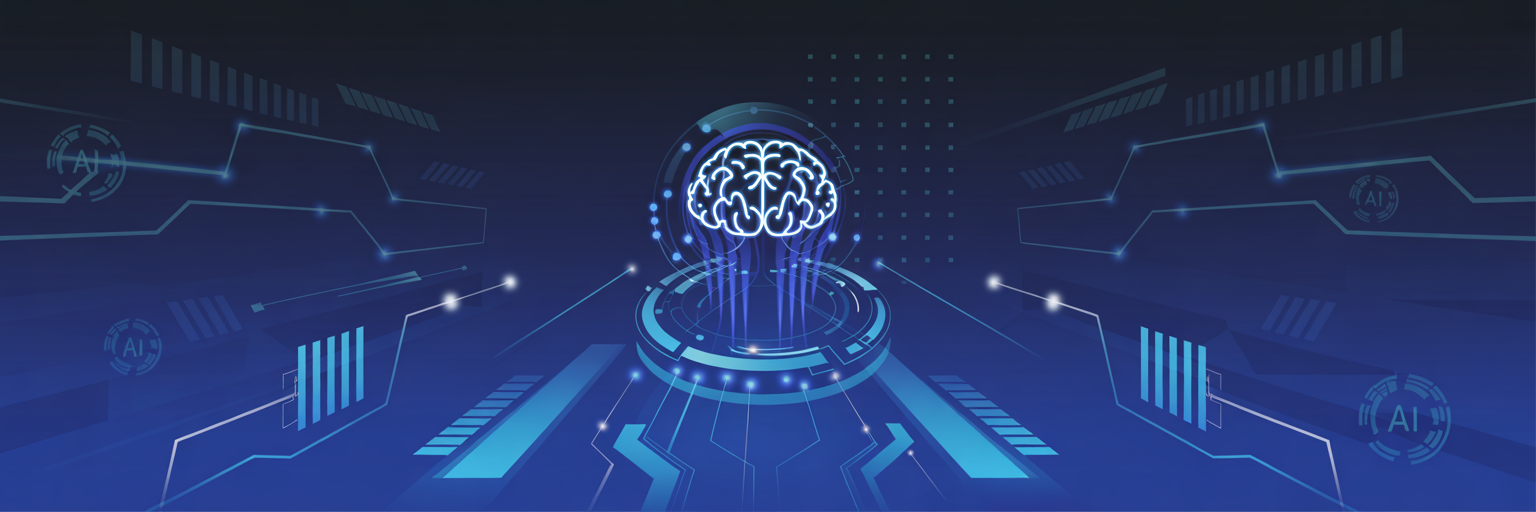Artificial Intelligence (AI) continues to evolve rapidly, with AI agents emerging as pivotal tools driving innovation across various sectors. These autonomous entities are designed to perceive their environment, make decisions, and execute actions to achieve specific goals, thereby enhancing operational efficiency and fostering new business models.
Understanding AI Agents
AI agents are software entities that utilize AI techniques to autonomously perform tasks without requiring explicit instructions for each action. They can interpret data, devise plans, and employ tools to execute tasks, producing dynamic outcomes. This capability enables them to function independently, adapting to new information and evolving circumstances.
Industry Adoption and Applications
The integration of AI agents is gaining momentum across various sectors:
- Enterprise Software: Gartner forecasts that by 2028, 33% of enterprise software applications will incorporate agentic AI, a significant rise from less than 1% in 2024. This integration is expected to enable 15% of daily work decisions to be made autonomously.
- Cybersecurity: Companies like Microsoft and CrowdStrike have integrated agentic AI into their security platforms, allowing for automated analysis and response to threats, thereby enhancing efficiency and reducing the workload on human analysts.
- Business Operations: PwC has introduced ‘agent OS,’ a platform designed to facilitate communication and collaboration among AI agents, enabling businesses to automate complex tasks and improve workflow integration.
Market Growth and Economic Impact
The AI agents market is experiencing significant growth, driven by the demand for automation and personalized customer experiences. Valued at USD 5.40 billion in 2024, it is projected to grow at a compound annual growth rate (CAGR) of 45.8% from 2025 to 2030.
Challenges and Considerations
Despite their potential, AI agents present challenges, including concerns about data privacy, security, and the need for clear accountability frameworks. Ensuring that these agents operate transparently and ethically is crucial to maintain trust and mitigate risks associated with autonomous decision-making.
Conclusion
AI agents are poised to redefine the landscape of technology and business, offering unprecedented opportunities for automation and efficiency. As industries continue to adopt these intelligent systems, it is imperative to address the accompanying challenges to fully harness their potential and ensure they contribute positively to society.






Be First to Comment